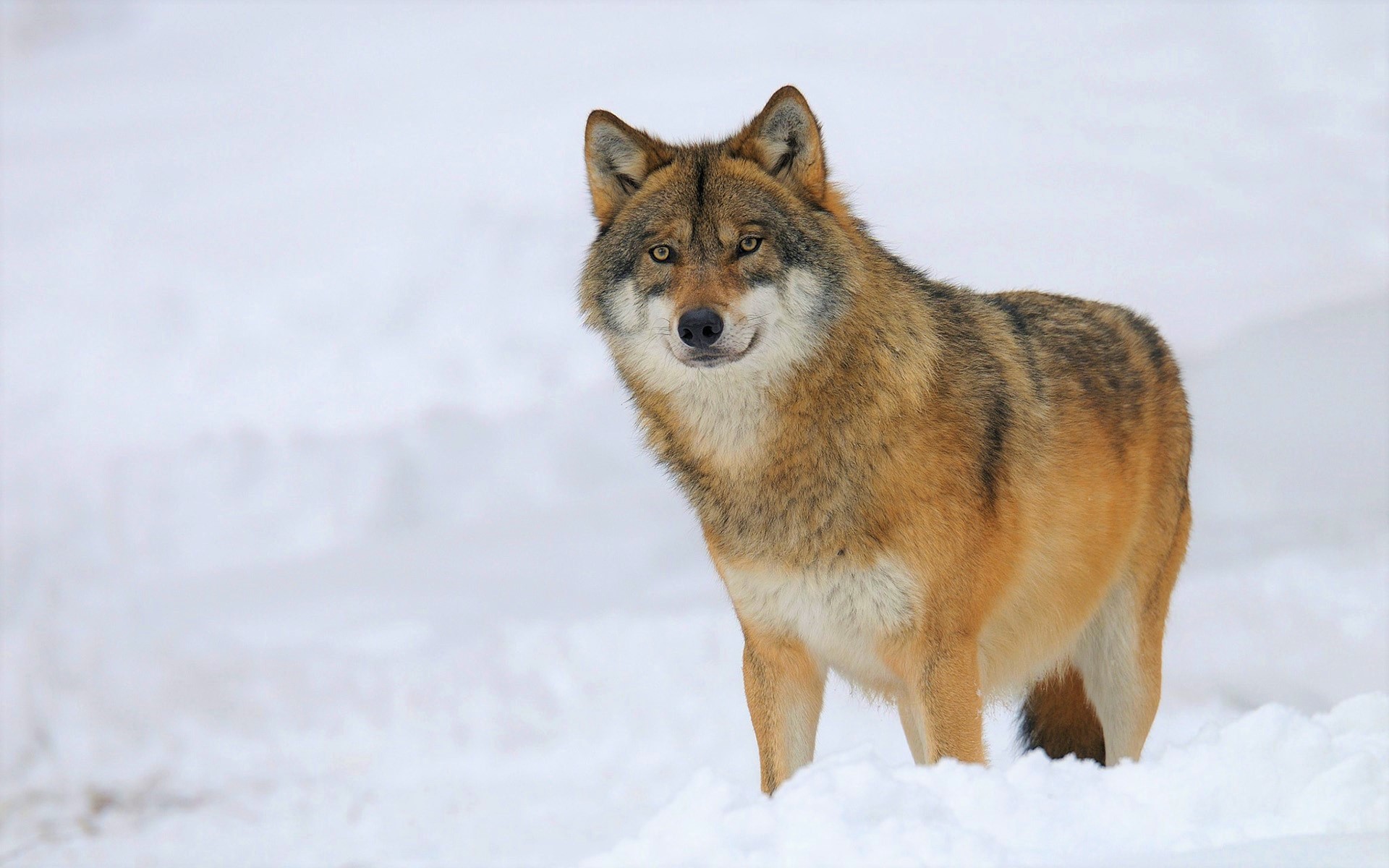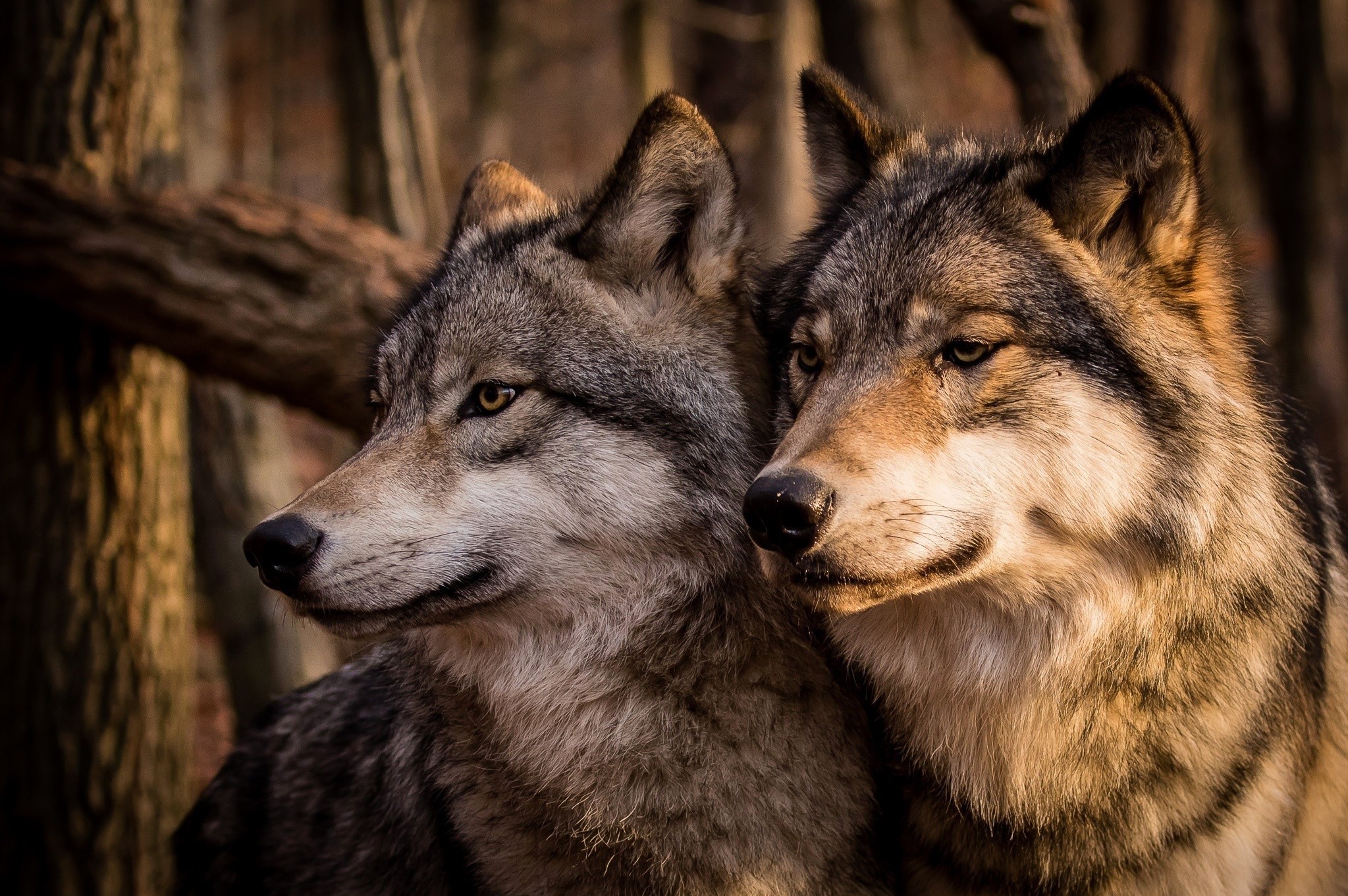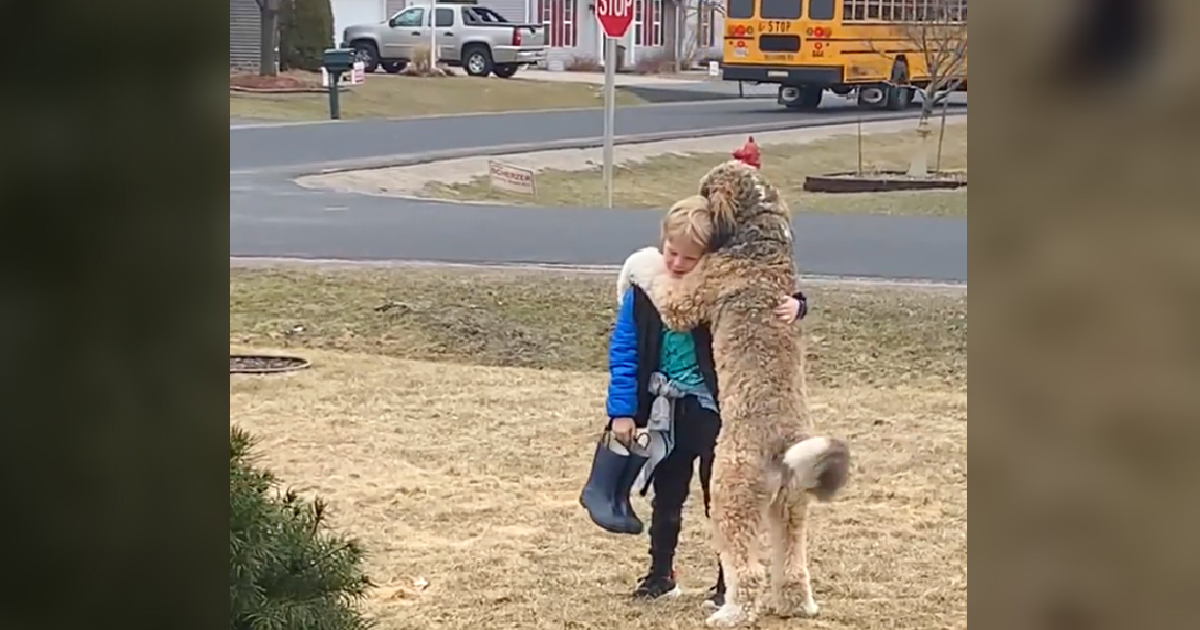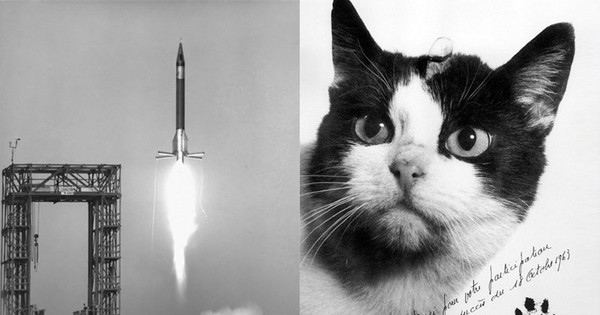Wolves have long captivated the human imagination, inspiring countless legends, stories, and myths. These majestic creatures are not only symbols of the wild but also play a crucial role in maintaining the health and balance of ecosystems. As we delve into the fascinating world of wolves, we’ll explore their legendary status, the efforts to conserve them, and what their future holds for our wild spaces.
The Legendary Status of Wolves
Throughout history, wolves have held a prominent place in folklore and mythology. They are often depicted as powerful, cunning, and sometimes fearsome beings. In Native American cultures, wolves are revered as symbols of courage, loyalty, and hunting prowess. In contrast, European folklore often portrays them as dangerous and malevolent, leading to their persecution.
Wolves’ social structure and behavior have contributed to their mystique. Living in tight-knit packs led by an alpha pair, wolves exhibit complex communication skills through howling, body language, and scent marking. This social cohesion and intelligence have earned them a place as one of nature’s most fascinating predators.
The Role of Wolves in Ecosystems
Wolves are apex predators, sitting at the top of the food chain. Their presence in an ecosystem helps regulate the populations of prey species, such as deer and elk. This regulation prevents overgrazing, which can lead to the degradation of vegetation and negatively impact other wildlife.
One of the most notable examples of wolves’ impact on ecosystems is the reintroduction of wolves to Yellowstone National Park in the mid-1990s. Since their return, wolves have helped restore balance by controlling the elk population. This has allowed willow and aspen trees to recover, providing habitat for beavers, birds, and other species. The presence of wolves has also changed the behavior of prey animals, promoting a healthier and more diverse ecosystem.

Conservation Efforts
Despite their ecological importance, wolves have faced significant threats due to habitat loss, hunting, and conflicts with humans. In many parts of the world, wolf populations have been driven to the brink of extinction. However, conservation efforts are making a difference.

In North America and Europe, legal protections and reintroduction programs have helped stabilize and, in some cases, increase wolf populations. Organizations like the International Wolf Center and Defenders of Wildlife work tirelessly to promote wolf conservation through research, education, and advocacy.
Public education is crucial in changing negative perceptions of wolves. Dispelling myths and highlighting the benefits of wolves to ecosystems can foster coexistence and reduce conflicts. Programs that compensate livestock owners for wolf predation also help mitigate human-wolf conflicts, promoting a more harmonious relationship.
The Future of Wolves and Wild Spaces
The future of wolves is closely tied to the health of our wild spaces. As human populations grow and expand into natural habitats, preserving these spaces becomes increasingly challenging. Protecting large, contiguous areas of wilderness is essential for the survival of wolf populations and the overall health of ecosystems.
Climate change also poses a threat to wolves, as it can alter the availability of prey and suitable habitats. Addressing climate change through global conservation efforts is critical to ensuring that wolves and other wildlife can adapt and thrive.

Innovative approaches to conservation, such as wildlife corridors that connect fragmented habitats, can help wolves migrate and maintain genetic diversity. Collaboration between governments, conservation organizations, and local communities is key to developing and implementing effective strategies for wolf conservation.
Conclusion
Wolves are more than just symbols of the wild; they are vital components of healthy ecosystems. Their legendary status, ecological importance, and the challenges they face underscore the need for continued conservation efforts. By protecting wolves and their habitats, we not only preserve these magnificent creatures but also ensure the health and future of our wild spaces.
As we look to the future, let us embrace the role of wolves in our natural world, working together to promote coexistence and conservation. In doing so, we honor the legacy of these incredible animals and the wild places they call home.




